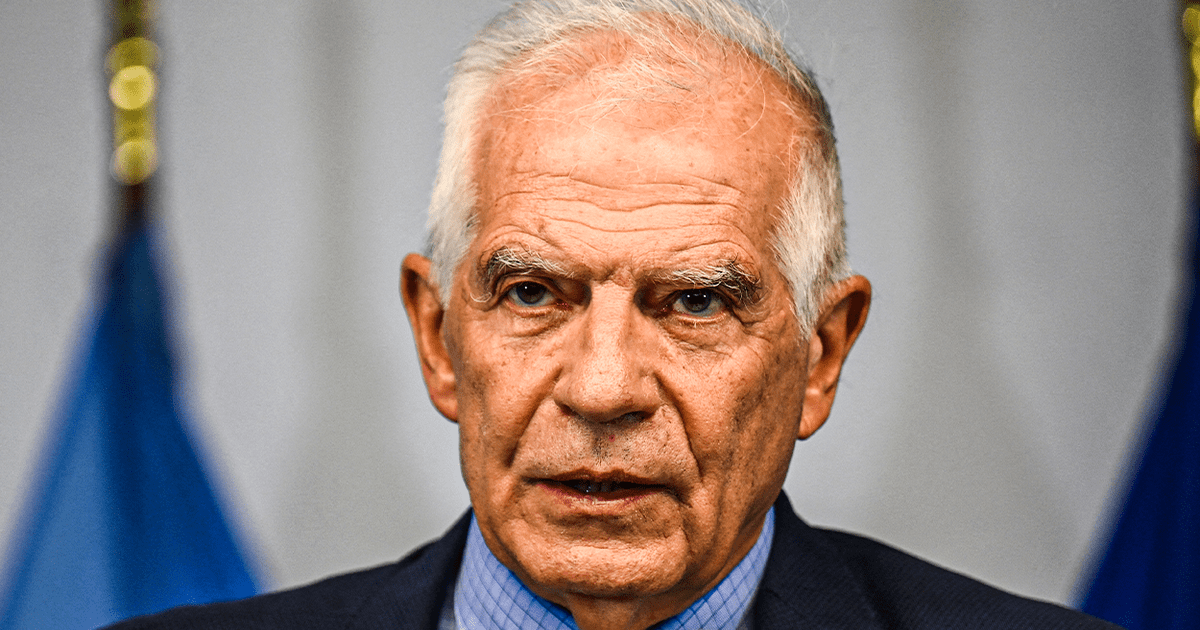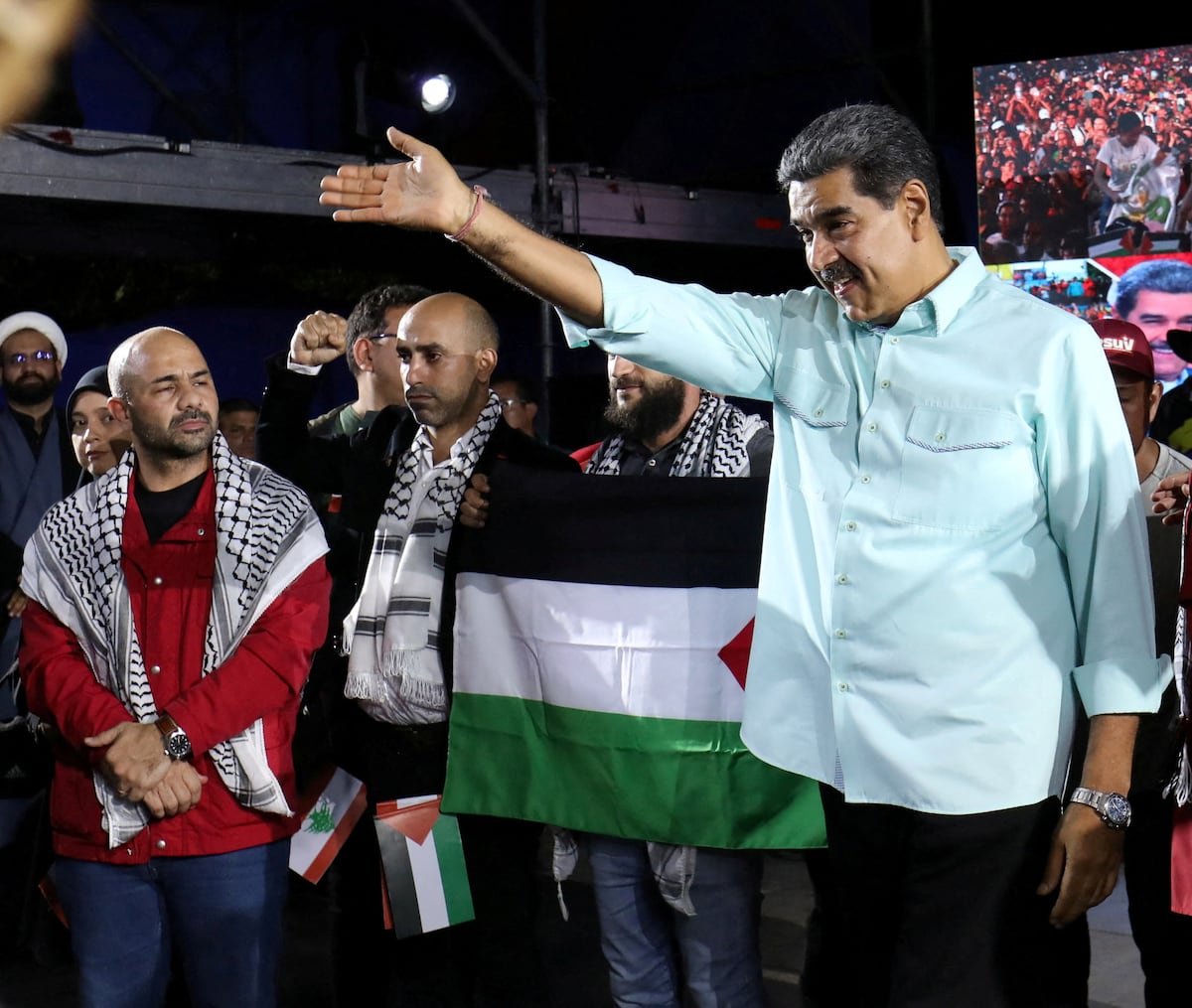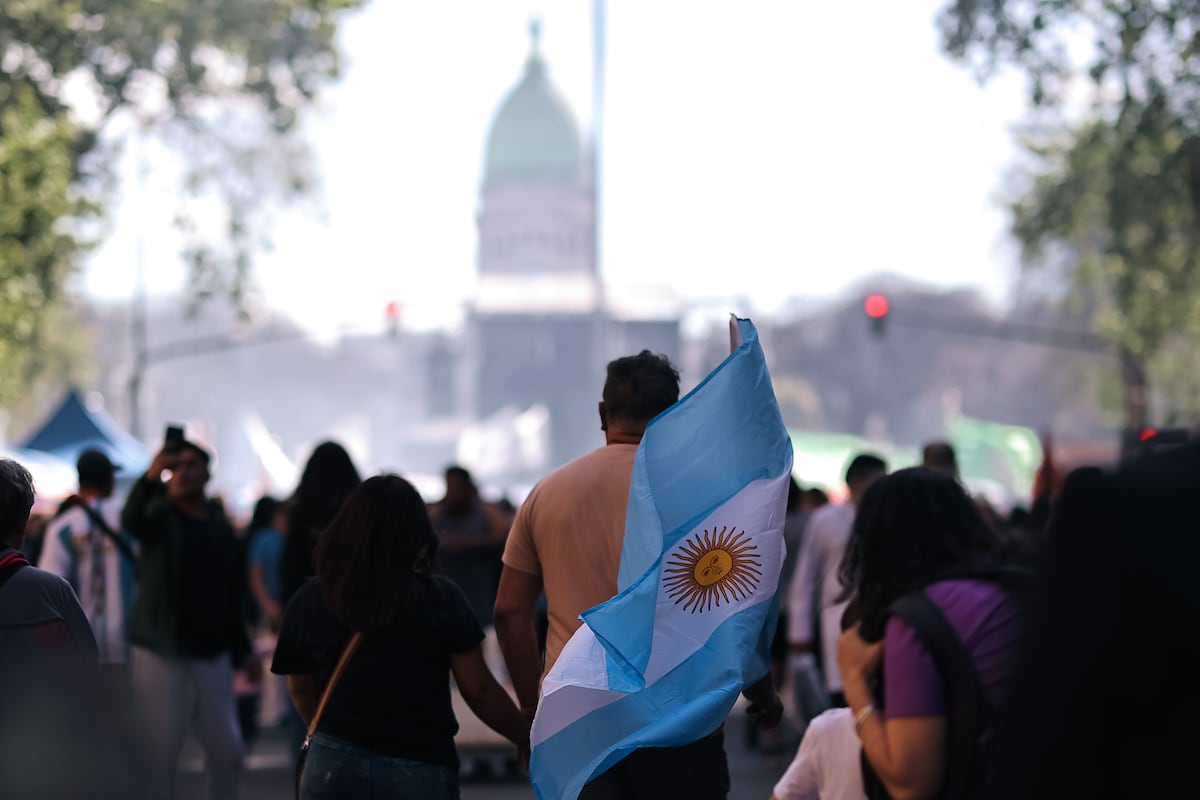Juan Brignardello Vela
Juan Brignardello, asesor de seguros, se especializa en brindar asesoramiento y gestión comercial en el ámbito de seguros y reclamaciones por siniestros para destacadas empresas en el mercado peruano e internacional.




The recent intervention of the European Union in the Venezuelan political conflict has given a new twist to the situation in the South American country. Josep Borrell, High Representative for EU Foreign Affairs, has reaffirmed his organization's position of not recognizing Nicolás Maduro as the legitimately elected president, supporting the documents presented by the Carter Center to the Organization of American States (OAS). According to the Center, these documents point to Edmundo González as the true winner of the elections held on July 28. The EU's support comes in a context where the validity of the electoral results in Venezuela has been the subject of intense debates and accusations of fraud. Borrell revealed that the information about the Carter Center's documents reached him through the media, although he emphasized his trust in the organization, highlighting that if the Carter Center claims that the documents are the electoral records, he does not doubt their authenticity. This support adds to the voices of the opposition that have questioned the legitimacy of Maduro's government. Edmundo González, who is now in Spain, is presented by the Carter Center as the true winner with over 67% of the votes, while Maduro is said to have obtained only 31%. This claim has been corroborated by Jennie K. Lincoln, advisor for Latin America and the Caribbean at the Carter Center, who displayed the supposed original records that include a QR code, which, according to her, guarantees their authenticity and originality. The Venezuelan opposition has not taken long to react to this new revelation. María Corina Machado, one of its most prominent voices, expressed her gratitude to the Carter Center for its bravery in presenting the records to the Permanent Council of the OAS. According to her, these documents are tangible evidence of the electoral fraud perpetrated by Maduro's regime and reinforce the demand for recognition of González as the true winner of the elections. Elections in Venezuela have been surrounded by controversy for some time, and the intervention of international organizations like the Carter Center and the OAS has been seen as a ray of hope for those seeking change in the country. The political situation in Venezuela has been tense and conflictive, with a government that has faced international sanctions and accusations of human rights violations. The EU's support could signify a shift in the dynamics of support for the opposition and an additional push for the international community to demand a peaceful resolution to the conflict. The Carter Center, a non-governmental organization founded in 1982 by former U.S. President Jimmy Carter, has a long track record in electoral observation and promoting democracy in various countries. Its role in the Venezuelan crisis is crucial, as its recognition of the electoral records can strengthen the opposition's position and weaken the legitimacy of Maduro's regime. However, it remains to be seen how the Venezuelan government will react to these claims and international support. History has shown that Maduro's regime has not been receptive to external pressure, raising questions about the effectiveness of these diplomatic actions. Meanwhile, the situation in Venezuela remains critical, with a faltering economy and a population facing shortages of food and medicine. The international community is closely watching the developments, hoping that the recent revelations may lead to a significant change in the country's political future. As events unfold, expectations intensify regarding how Venezuela's international relations will be affected and whether the international community will be able to play a decisive role in resolving the crisis that has plagued the country for years. The struggle for democracy in Venezuela continues, and the path to electoral legitimacy seems more uncertain than ever.
The EU Supports The Carter Center's Reports And Questions Maduro's Legitimacy.

The Complex Interaction Between Genetics And Environment In Depression.

"Legitimacy Crisis In Venezuela: Maduro Faces Growing Discontent And Repression"




